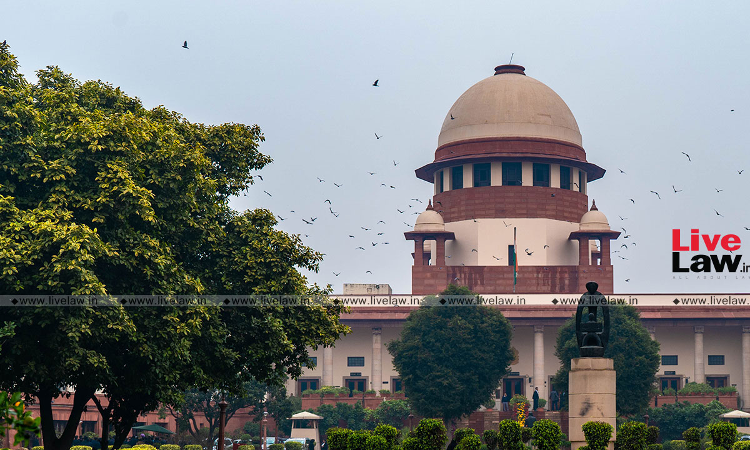Scope Of Interference In Criminal Appeal By Special Leave Under Article 136 Of Constitution : Supreme Court Explains
LIVELAW NEWS NETWORK
17 July 2022 10:19 AM IST

Next Story
17 July 2022 10:19 AM IST
In a judgment dismissing a criminal appeal, the Supreme Court explained the scope of criminal appeals by special leave under Article 136 of the Constitution of India.The power under Article 136 is exercisable only when this Court is satisfied that it is necessary to interfere in order to prevent grave or serious miscarriage of justice, the court said. Referring to earlier judgments, the...
